Commitment to Diversity, Equity, Inclusion, and Professionalism
About
The Pathology Service at Mass General is an international leader in diagnosis and discovery.
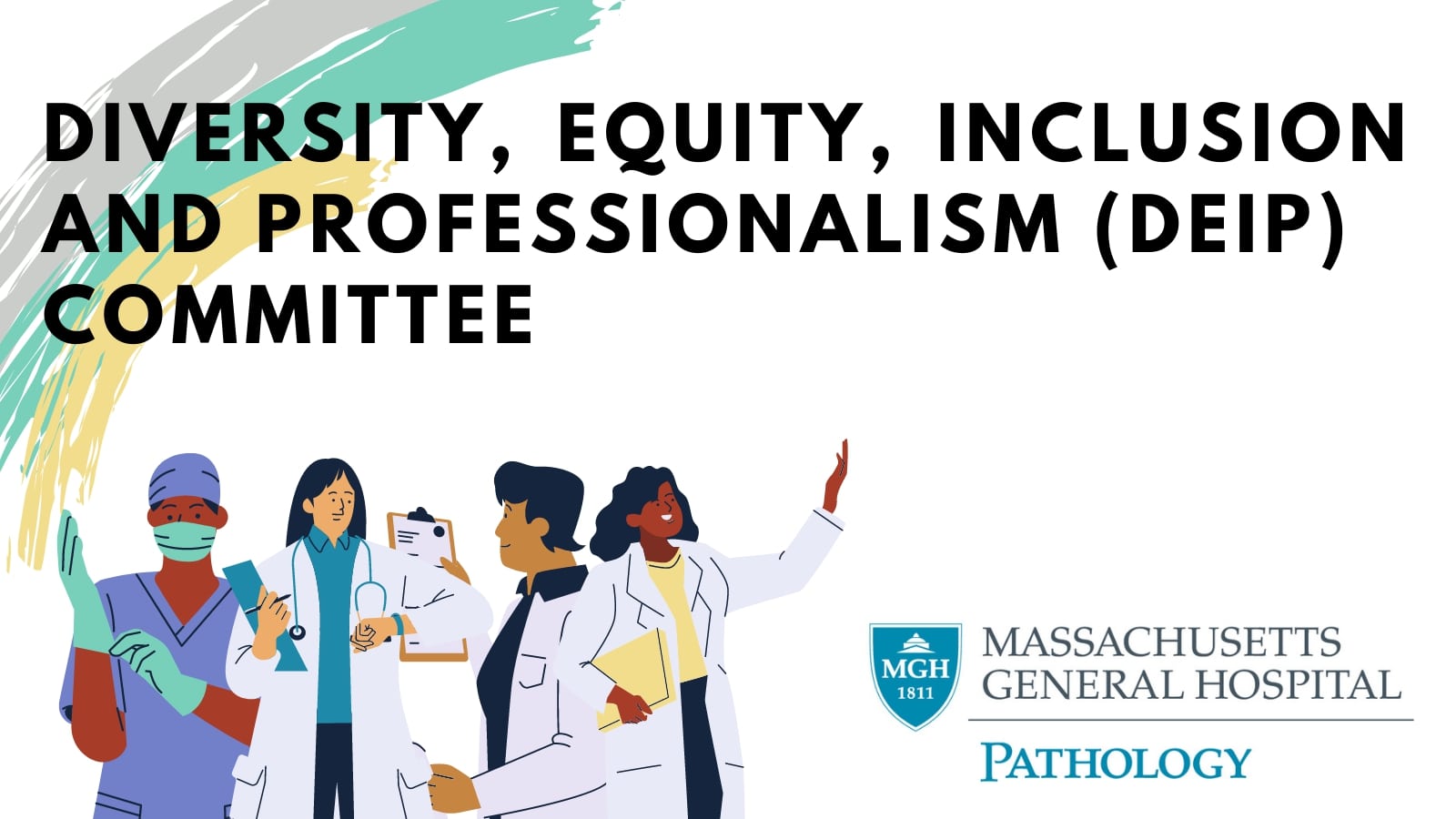
The Mass General Pathology Service aims to cultivate a diverse and inclusive Pathology community committed to equity, integrity, collaboration, and respect.
We are excited to let you know about the department's efforts over the past 18 months to begin to address the issue of structural inequity, in combination with our ongoing efforts to promote diversity and inclusion and to foster professionalism. We have aligned these efforts under a new DEIP (Diversity, Equity, Inclusion, & Professionalism) Committee.
Through the efforts of many in the department, including four focused working groups (see below), we have developed a multipart plan, which we have presented to Dr. Joe Betancourt, the hospital's Senior Vice President for Equity and Community Health. Dr. Betancourt approved our plan and will help us coordinate our goals with the hospital-wide efforts in this important area. The working groups, comprised of faculty and employees, are formulating specific resource requests for the initiatives, which the department will provide.
Please note that our DEIP Committee meetings feature open attendance to solicit feedback. All are welcome. For more information: http://www.massgeneral.org/careers/commitmenttodiversity/
-Aliyah Sohani and David Louis, Fall 2021
Departmental Spotlights (Past and Present)
Learn more
mPathy
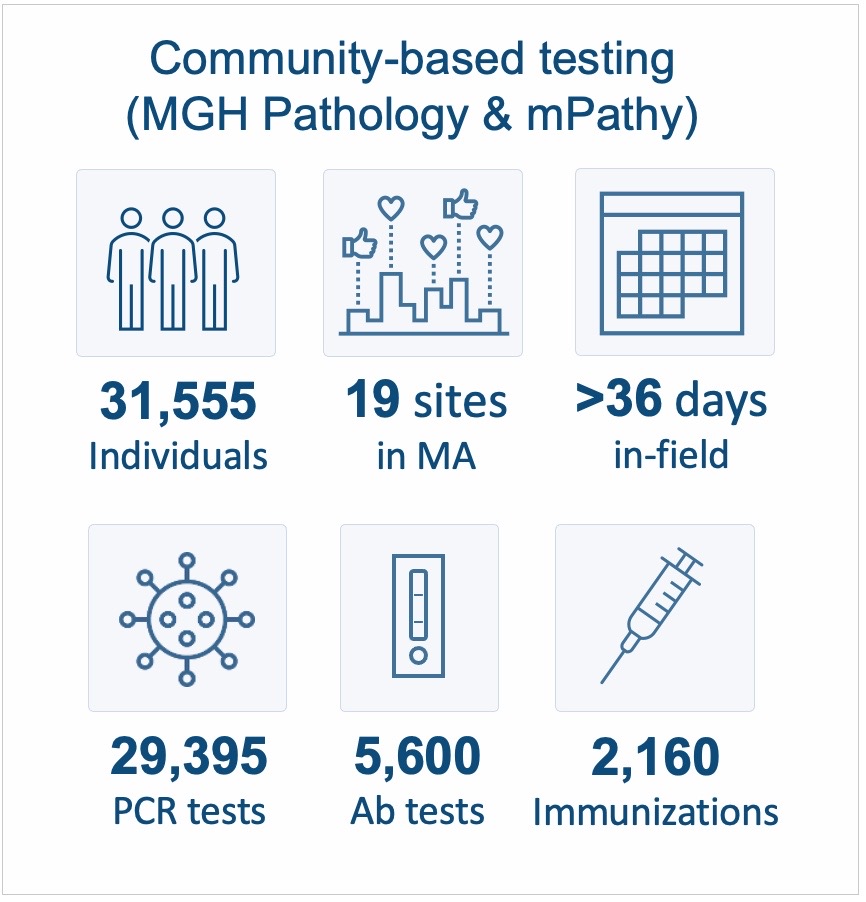
Fostering Global Health Equity: Advancing Diagnosis and Discovery Worldwide
Learn more
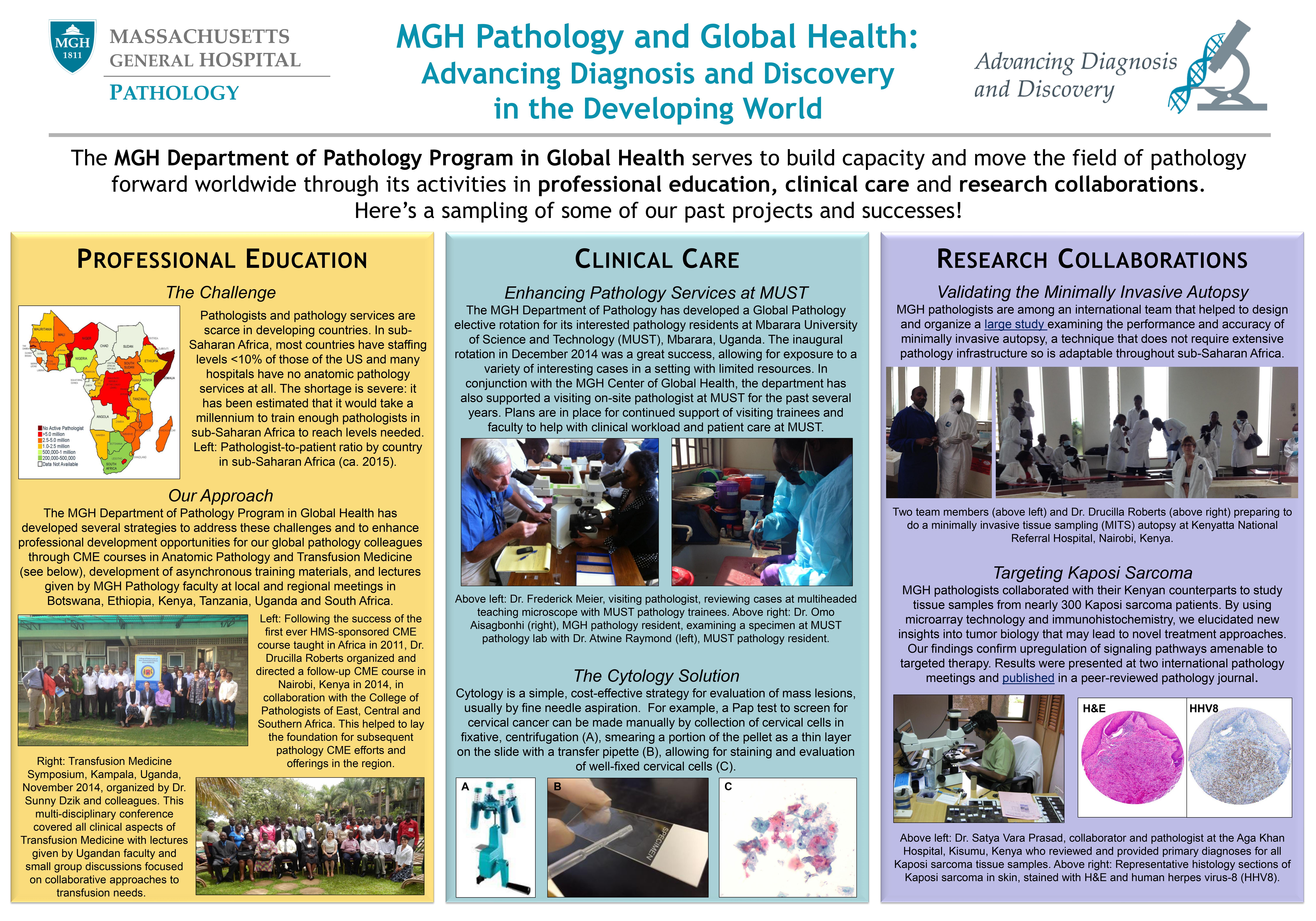
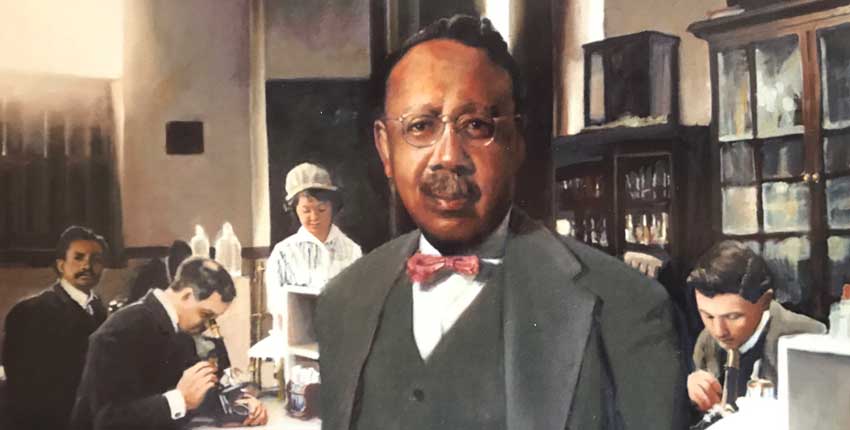
- Dr. William Augustus Hinton worked as a volunteer assistant at MGH Pathology from 1913-1915. He assisted in the Autopsy service on all persons suspected of having died from syphilis and created a new blood test for diagnosing the disease that was adopted nationally. In 1949, more than 30 years after joining the faculty & only a year before he retired, Hinton became the first African American person to be promoted to the rank of professor at Harvard Medical School. He was named Clinical Professor of Bacteriology & Immunology.
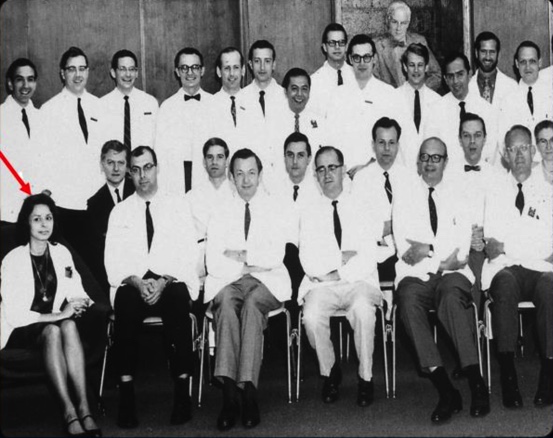
- Dr. Vivian W. Pinn was the first Black MGH Pathology Resident, completing her residency in 1970 while also serving as a teaching fellow at Harvard Medical School. She went on to be the first African American woman to chair an academic pathology department in the US in 1982, at Howard University.
Working groups
Working Group #1 – Community Outreach Program
- Group Leaders - Jessica Houston (JBHOUSTON@mgh.harvard.edu) and Sarah Roddy (SRODDY@PARTNERS.ORG)
- Goals - Development of a signature initiative focused on educating the community about pathology and recruiting individuals from local high schools, colleges and vocational programs for shadowing and internship opportunities in our department.
Working Group #2 – Recruitment of Residents, Fellows, and Faculty
- Group Leaders - Abner Louissaint (alouissaint@partners.org) and Emilio Madrigal (emadrigal@mgh.harvard.edu)
- Members - Liana Bonanno, John Branda, Kevin Crooks, Maria Martinez-Lage
- Goals - Enhancing our efforts to recruit underrepresented minority trainees and junior faculty.
- Mission Statement - Our mission is to define and propose specific activities and actions to the MGH Pathology Diversity, Equity, Inclusion, and Professionalism (DEIP) Committee that will promote a more diverse and inclusive MGH Pathology residency and fellowship program and improve the representation of UIMs in these programs. We will also propose modifications to our current residency and fellowship recruitment practices that will promote equity and inclusion in the recruitment and selection of applicants of all races/ethnicities, gender identities, ages, abilities, religions, family structures, sexual orientations, and cultural or socioeconomic backgrounds. We define underrepresented in medicine (UIM*) as Black/African American, Latinx, Native American/Alaska Native/First American, Native Hawaiian/Pacific Islander, Southeast Asian (Cambodian, Filipino, Hmong, Lao, Thai, Vietnamese), First-Generation College Graduates, Individuals with Disabilities, Refugees, and LGBTQIA.
*Before June 26, 2003, the AAMC used the term “underrepresented minority (URM),” which consisted of Blacks, Mexican-Americans, Native Americans (that is, American Indians, Alaska Natives, and Native Hawaiians), and mainland Puerto Ricans.
Working Group #3 – Career Development and Retention
- Group Leaders - Denise Bland (DBLAND@PARTNERS.ORG) and Jennifer Hiers (JHIERS@PARTNERS.ORG)
- Goals - Support additional opportunities for professional development and career advancement, focusing on our laboratory-based and administrative staff.
Working Group #4 – Understanding and Dismantling Racism
- Group Leaders - Cara Ciminello (CCIMINELLO@mgh.harvard.edu) and Jarell Samuel (JSAMUEL1@mgh.harvard.edu)
- Mission Statement - The BB Racial Equity Team provides a safe space for our community members to come together and discuss how racism impacts our workplace, society, and lives. Through a community-based participatory approach, our team develops, implements, and evaluates initiatives to dismantle systemic racism and advance racial equity in the Pathology department. We envision a safe workplace for all by centering racial justice, racial equity, and health equity, and by leading the MGB community with anti-racist policies and practices.
Founded in 1896 our department was one of the first of its kind in the U.S.
One hundred years later, we became the world's first completely subspecialized pathology service.
Today’s MGH Pathology Service builds on more than 120 years of experience.
We have more than 850 faculty/trainees and employees supporting our mission
24 hours per day, 365 days per year
